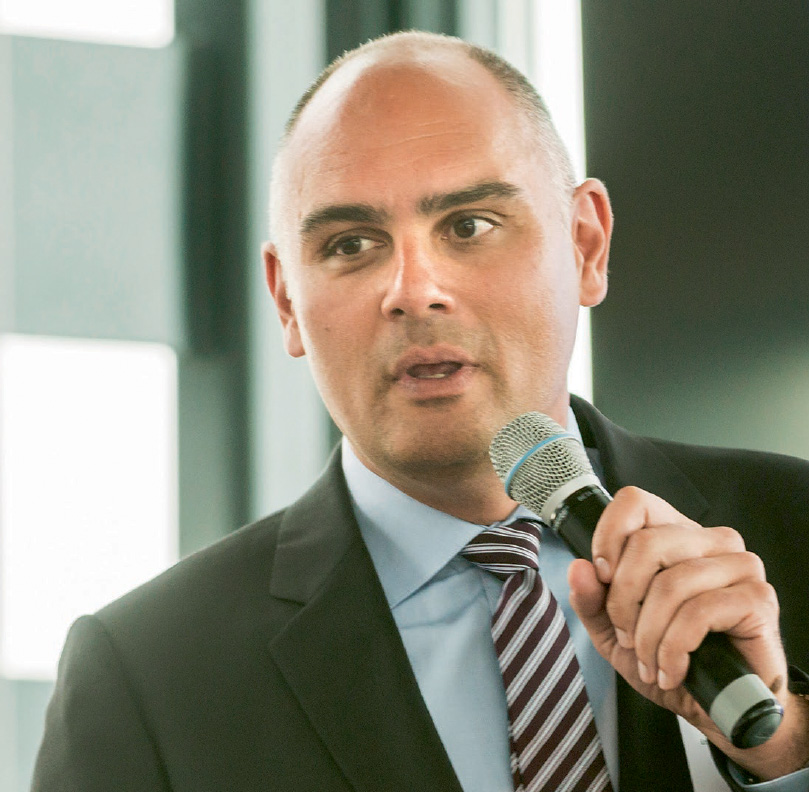Flexible Workspace
Q&A with Tony Freeth
Editor’s note: The following interview originally appeared in GCUC UK and is reprinted with permission here. Tony Freeth has seen the evolution of the office space industry firsthand. Co-founder of Phoenix Broadband and creator of Medusa, a product that handles premises infrastructure, Freeth has played a pioneering role in bandwidth management and workspace wifi solutions […]








